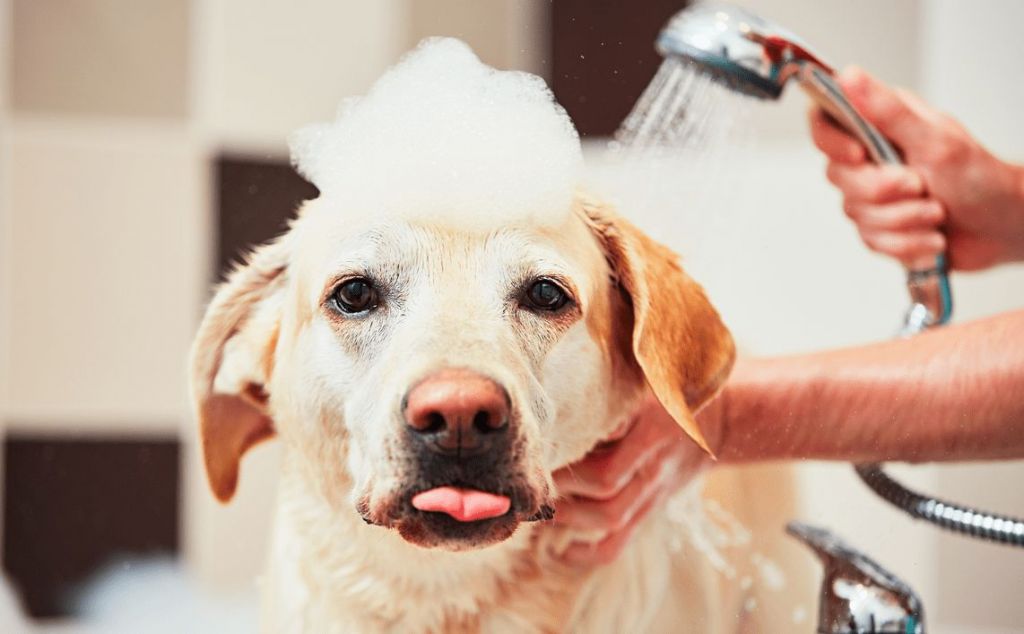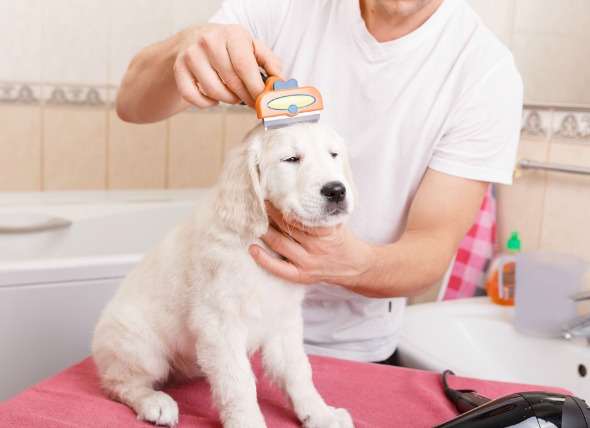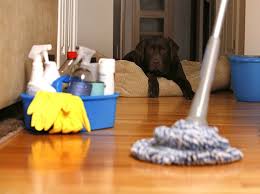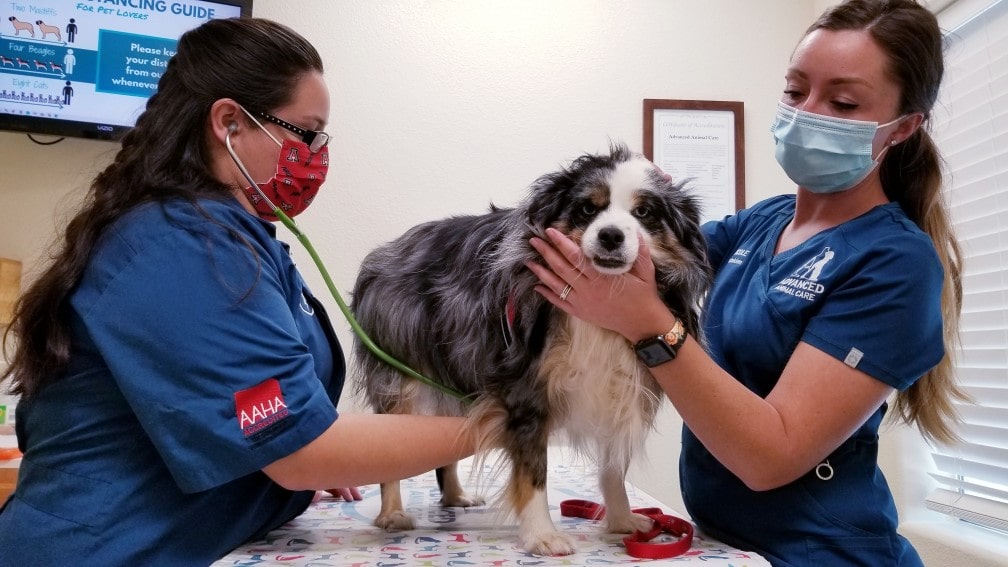You may have heard that humans are allergic to dogs, but did you know that dogs can suffer from allergies as well?
It is not unusual for our furry little friends to suffer allergic reactions due to pollen, mold, dust, etc. Dogs’ immune systems can get irritated due to sudden changing environments and allergies can take over.
Of course, there are medications that can help with canine allergies, but there are a few things that you can do at your end to avoid an expensive trip to the veterinarian. (Please note that in case of severe allergic reactions due to food, environment, smoke, etc. consult your veterinarian immediately as it could be fatal.)
Reason for allergies in dogs
There is a possibility of you getting exposed to the allergens through inhaling pollen, insect bites, food, or fungal spores. Sometimes even from lying down or brushing up against a particular surface.
When your dog gets exposed to the allergen, it triggers an immune response that is likely to lead to the release of histamines. Histamines are chemicals that occur naturally in the body.
Too many of them may cause a lot of discomfort to your dog that including swelling, itching, or inflammation.
Allergies tend to affect dogs of any breed, mix, or age. Some dogs have inherited allergies, while other immune disorders in relatives are always a good thing to ask about when you get a puppy from the breeder.
Your dog may develop allergies later in life as there is a possibility of its immune system becoming sensitized to a particular allergen and starting to overreact to repeat exposures.
How to get rid of allergies?
Here are few common ways you can keep allergies in check:
1. Give them a Bath
While your dog’s tongue can help him clean, he still needs a good bath every now and then to clean his fur and complete body. Using a dog-approved shampoo and conditioner can help clean a dog with a dual-layered fur coat.
However, it is important to check the ingredients of the shampoo to ensure that it doesn’t contain any substance that can cause skin allergy in your dog.
2. Keep them Groomed
While bathing can help keep them clean, regular grooming can help them stay clean and fresh longer. Combing their fur on daily basis rules out the chances of them contracting any flea or tick-related allergy. Don’t forget to check their paws every night to ensure they are clean.
It is better to wash their paws after they come back from outside. During winters, you can get dog socks or shoes that can help keep their paws clean and healthy.
3. Keep your Home Clean
While the stuff coming from outside can cause allergic reactions; a messy or unkempt home can become a breeding ground for environmental irritants. Let it be dust, mold, or mildew, all these can cause severe allergic reactions to your dog.
It is imperative to vacuum your carpets and sofas regularly, also ensure your air filters are clean. If your dog has a favorite bed, toy, or blanket, make sure to wash them too on a regular basis.
4. Watch the Food
Dogs are notorious eaters. They will eat anything you eat and sometimes that is not good for their health. You need to watch closely what they eat. Dogs have a tendency to develop food allergies if they are kept on the same diet for a long time.
A little variety of food can help them build their digestive system strong and immunity stronger. If you are giving them dry food from a branded company, make sure to check the ingredients.
5. Add Supplements
Some dog breeds such as Golden retrievers, Labradors, Boxers, and Beagles, etc. are prone to allergies. You can add supplements to their diet to build their immunity. Natural supplements including biotins, Omega-3 fatty acids, etc. are beneficial for your dog.
You can also get them started on CBD treats. Studies show that CBD oil can help boost dogs’ immune systems. You can read more about it at Greendorphin.com.
Lastly, keep them hydrated. A clean water bowl with fresh water-filled on a daily basis can help them stay clear of allergies.
Want to read more informative articles like these? Subscribe to our newsletter below!

 DogExpress
DogExpress























 in Chandigarh, India.
in Chandigarh, India. 
